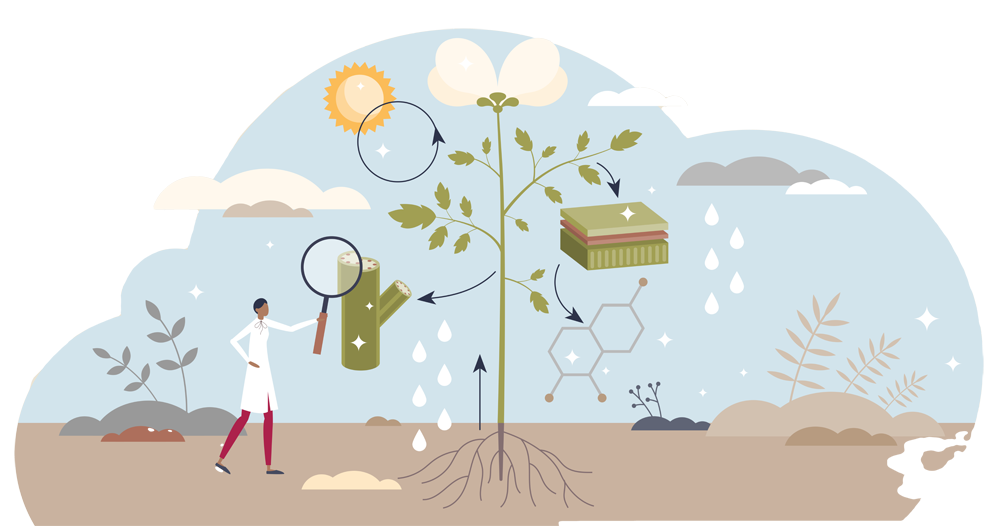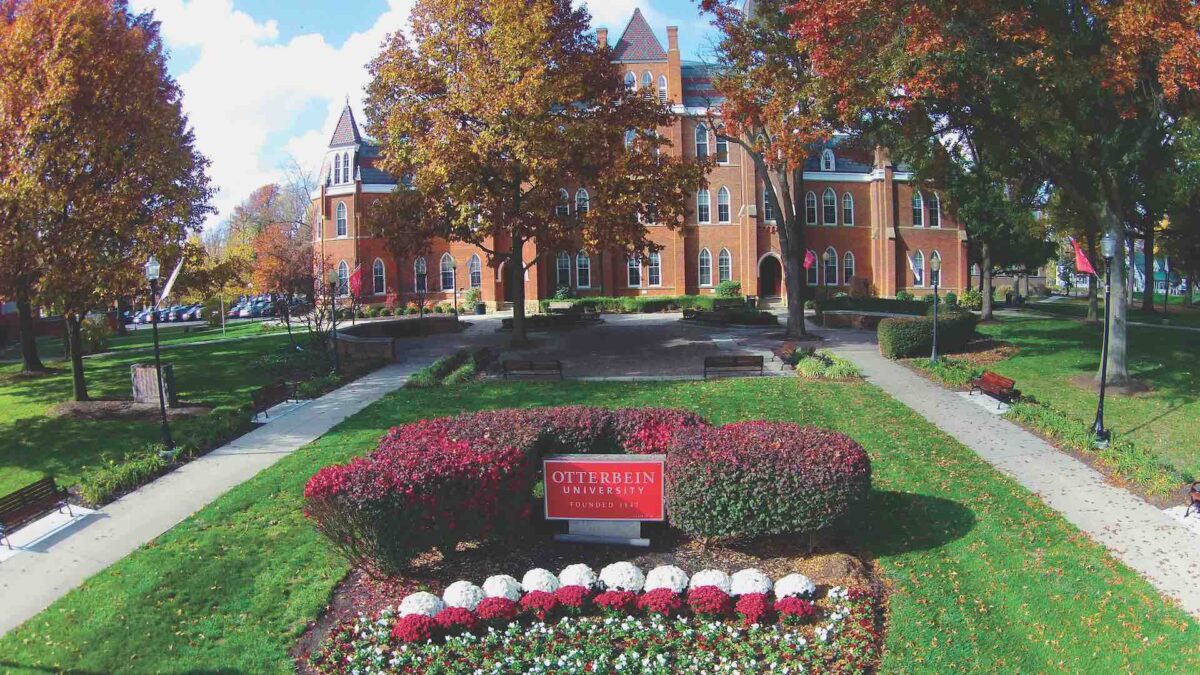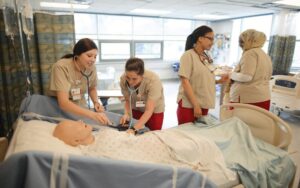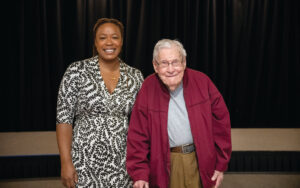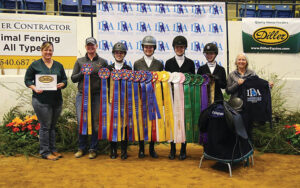Otterbein Trustee David W. Fisher ’75 and his wife, Beth J. Fisher P’11, made a generous gift of $10,000 to support the Otterbein Fund, which benefits the areas of greatest need at the University
Robert “Bob” Weiler Sr., community activist and chairman of the Robert Weiler Company, made a generous pledge of $25,000 to establish the Weiler Family Fund for Student Success. This new fund will support students who are actively engaged in the multicultural community at Otterbein and who have applied for assistance.
Board of Trustees Chair Cheryl L. Herbert generously gifted $13,000 to benefit the Golf Team, the Student Emergency Fund, and the Otterbein Fund.
Through a generous $25,000 gift, Larry A. Kantner ’60 and Dr. Carl W. Morris created the Kantner/Morris Art Scholarship in 2021 for talented students pursuing a degree in fine art (studio and/or art education). Inspired by his art professors Lillian Frank and Earl Hassenpflug, Kantner went on to become a lifelong art educator who taught at Indiana University and the University of Missouri before his retirement in 2003. He also received an Otterbein Special Achievement Award in 2010.
Mark Plaumann P’22 and Marilyn Wilson P’22, parents of graduate Mason Plaumann ’22, recently gave a benevolent $15,000 gift for their named fund to support the Equine program and the Otterbein Fund.
Nadine Loop Vernon ’72 recently gave a generous second $25,000 gift to the Nadine ’72, Paulette ’60, and Clarence Loop Family Scholarship endowment. Her mother, Paulette Loop, began working at Otterbein in 1958, becoming a professor and teaching her native language, French, for more than 30 years. Paulette also encouraged students to further their language skills through study abroad opportunities in Strasbourg and Dijon, France, and beyond.
Continuing her support of Otterbein for nearly 40 years, Grace Rohrer Rymer ’48 recently supported the Otterbein Fund, helping the University with its areas of greatest need.
Otterbein received a generous gift from Betty Neff and Roger H. Neff P’83, P’85 to further support the Roger H. and Betty A. Neff Endowed Scholarship, which they established in 2005 to provide support for undergraduate students with a preference for those pursuing international studies or studies that reflect a global perspective.
In support of the Class of 1973 Endowed Scholarship, Frank S. Bright ’73 honored his late wife, Linda Newlun Bright ’73, with a generous gift inspired by their 50th Golden Reunion in 2023. In his gift commitment to Otterbein, Frank noted, “she would have wanted to do this as much as I do. Thank you!” Frank also volunteered his time to serve on the Class of 1973 Legacy Reunion Committee.
The Roush Family Foundation made a gift of $50,000 to be allocated to the Campus Center Gift Fund as part of a very generous $250,000 pledge toward the renovation of our Campus Center.
Marsha Scanlin ’74 has continued her meaningful support of the Rice Family Endowed Scholarship in Nursing as well as the Otterbein Fund. Scanlinʼs class will celebrate its Golden 50th Reunion this year at Homecoming and Family Weekend!
Evelyn Bender Vance ’51, P’80 gifted an impactful donation to support scholarships in the areas of science and education for future Otterbein students. Both Evelyn and her late husband, Robert Vance ’49 (son of former Otterbein President Floyd Vance, Class of 1916), are members of legacy families, with multiple generations of graduates at the University.
The Hargis Family Foundation recently made an additional $50,000 investment in the Otterbein READY program. Gretchen Freeman Hargis ’77 and Jonathan R. Hargis ’79, were pleased to support the launch of this initiative with their first ever donation from the family foundation in 2021.
Jae Ellen Benson Van Wey ’71, P’99 and Nathan Van Wey ’72, P’99 honored Otterbein initiatives with gifts that will benefit the track program, The Promise House, and the Otterbein Fund.
Clara Liesmann Warren ’50 supported the Otterbein Fund and her family’s named endowed fund with a generous gift. Clara, the first in her family to earn a college degree (followed by her sister Anne ’54), established the Clara Liesmann Warren ’50 and Anne Liesmann Clare ’54 Endowed Scholarship in 2021. Knowing that tuition can be a barrier for many bright and capable students, she was inspired to help future students.
Cardinal Couple and loyal donors Pamela Hudson Dominici ’68 and Robert Dominici ’67 continued their impactful support of the Otterbein Fund with a $10,000 gift recently.
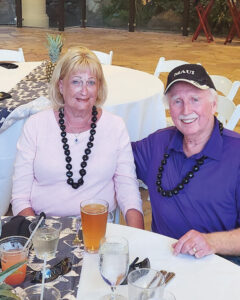
Deborah Ewell Currin ’67 and William A. Currin ’67 have given a generous gift to support the Otterbein Fund, the unrestricted fund that benefits all areas of campus.
Nursing emerita faculty member Mary Ann Bradford Burnam H’19 and her husband, Paul Burnam, have donated an additional generous gift to support the Dr. Mary Ann Bradford Burnam H’19 and Paul Burnam Undergraduate Nursing Scholarship, established in 2022. In addition, the couple are loyal supporters of the Lifelong Learning Community and LLC Scholars Program at Otterbein.
Alan R. Goff ’75 and Coral Harris H’23, generously supported The Promise House, The Lifelong Learning Community Scholars Award, The Lifelong Learning Community at Otterbein Endowed Program Fund, Library DEIB Fund, and the Friends of the Library Fund.
Your Giving Has Impact at Otterbein
MORE THAN
2,000
alumni, families, and friends make gifts to support Otterbein each year.

THE OTTERBEIN FUND provides nearly $1 million in support each year to:

- Fund students pursuing their educational dreams and goals.
- Ensure that our campus is beautiful and safe.
- Support our faculty.
The generosity of our donors allows us to offer more than $2.6 million in endowed scholarship support annually, making an Otterbein education accessible and affordable for current and future students.

$3.3 million of Otterbein’s annual operating budget is funded by the University’s endowment, which currently stands at just over $118 million.
532 individual funds make up Otterbein’s endowment, many were established by a generous donor or group of donors who desired to make a difference for students in perpetuity.
FEATURED FUND: Dr. Shirine Tabatabai Mafi Student Emergency Fund
The Dr. Shirine Tabatabai Mafi Student Emergency Fund is dedicated to supporting Otterbein students facing unforeseen financial crises, and can be a lifeline for students in need, helping them overcome unexpected hurdles and continue their educational journey uninterrupted. Dr. Shirine Mafi taught in the Department of Business, Accounting, and Economics for 34 years, retiring in 2020.
If you would like to support Mafi’s fund, please visit www.otterbein.edu/giving and:
- Select “Make a Gift.”
- Under the “Designation” field, select “Other.”
- Input “Shirine Mafi Fund” and complete the rest of the giving form.
Grants, Corporate, and Foundation Support
Grants help to provide essential funding for new programs, research, and other areas that directly impact our students at Otterbein. Our faculty and staff have recently been awarded grants from several organizations, including those listed below.
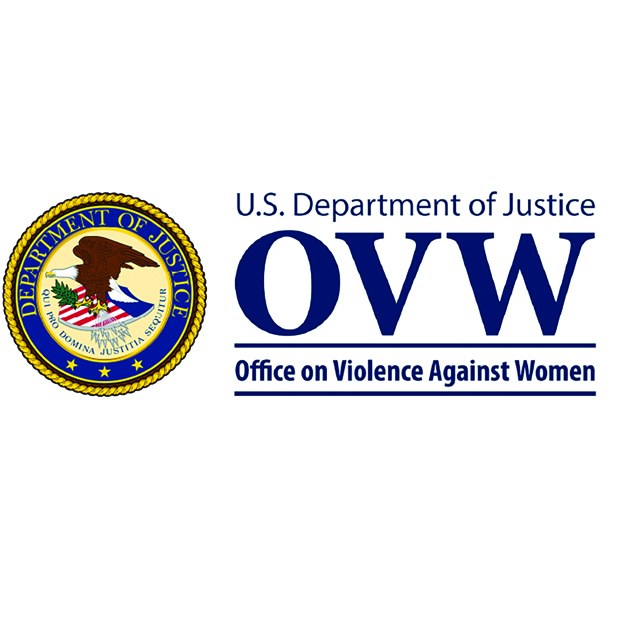
Department of Justice: Office of Violence Against Women
Sexual Violence Prevention in Central Ohio: Interrupting Sexual Assault, Domestic Violence, Dating Violence, and Stalking on Campus, Continuation Grant
AMOUNT: $400,000
Otterbein, in collaboration with Sexual Assault Response Network of Central Ohio (SARNCO) and the Westerville Division of Police will continue to provide multiple approaches to combat domestic and dating violence, sexual assault, and stalking on campus. The grant continues funding for educational programming for students, and faculty and staff training on reporting requirements and victim-centered response protocols.
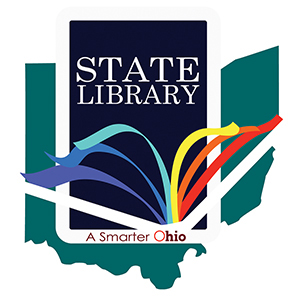
State Library of Ohio
Sensory Friendly Study Rooms
AMOUNT: : $30,228
The Courtright Memorial Library has been awarded a grant to support the creation of three additional private study spaces that will include helpful items to offer additional support to students with sensory issues.

Ohio Department of Higher Education
Mental Health Support
AMOUNT: : $122,476
This funding will allow Otterbein to expand student mental health services by renovating the campus-based health clinic into a new counseling clinic. The renovation of space will allow for expanded staffing offered through our partnership with Antioch University’s Clinical Mental Health Counseling faculty and graduate students. The facility renovation will create therapeutic spaces suitable for one-on-one and group meetings.

Martha Holden Jennings Foundation
NExT Hub Year Four
AMOUNT: : $35,900
Through connections with other community partners, NExT Hub connects teachers with other like-minded educators in the purpose of wellness and community. In this fourth year, the program continues to offer hallmark programs, such as professional development networks for educators, classroom exchanges, and Beyond the Book Clubs.
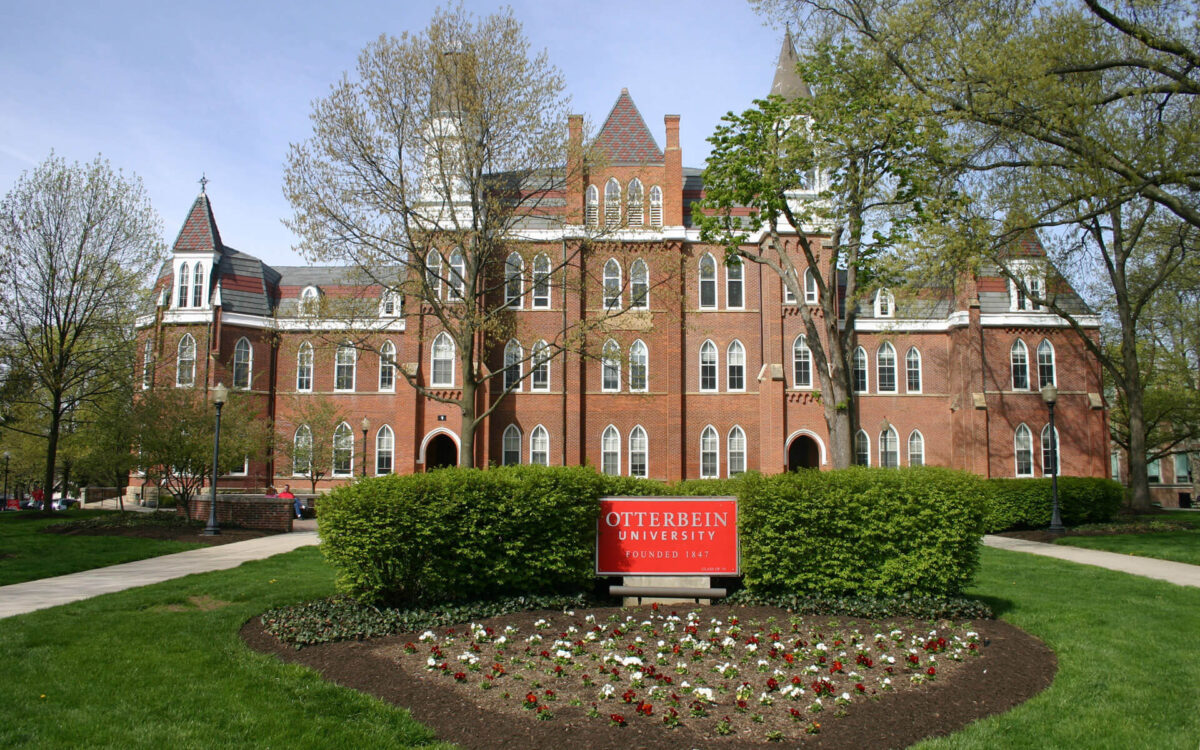
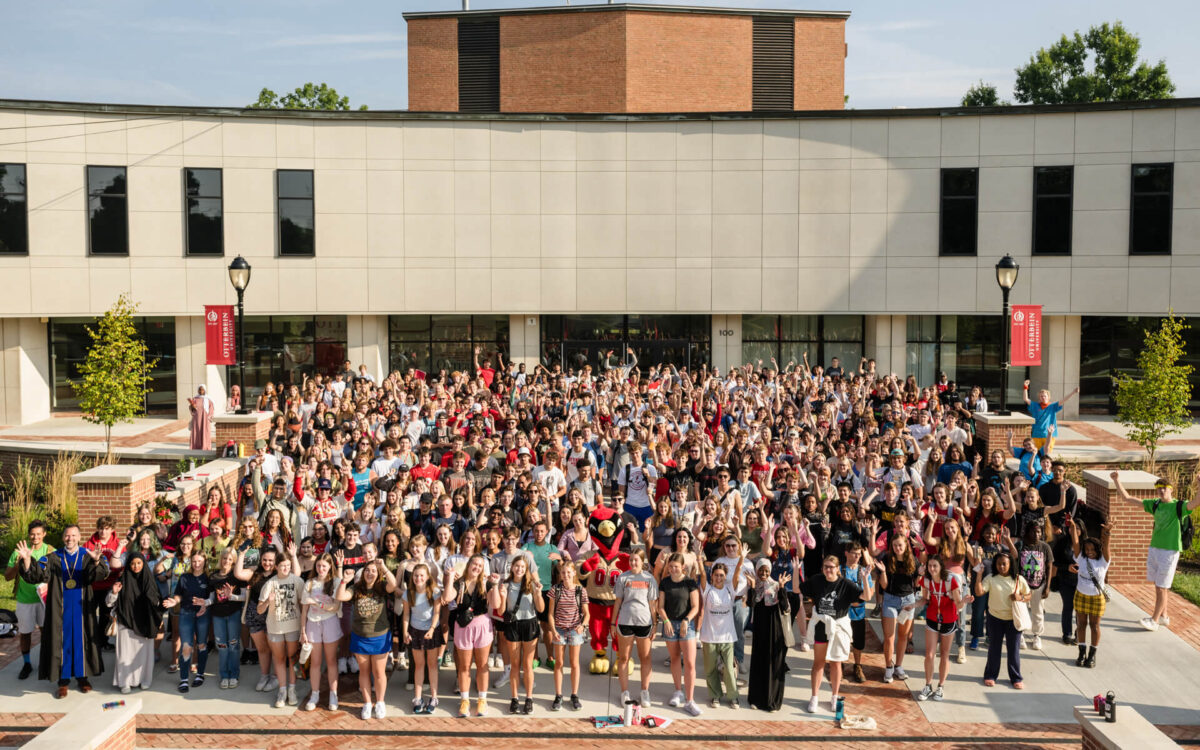
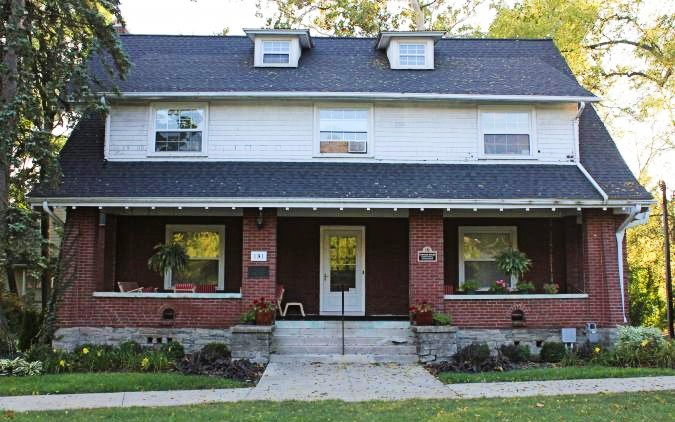
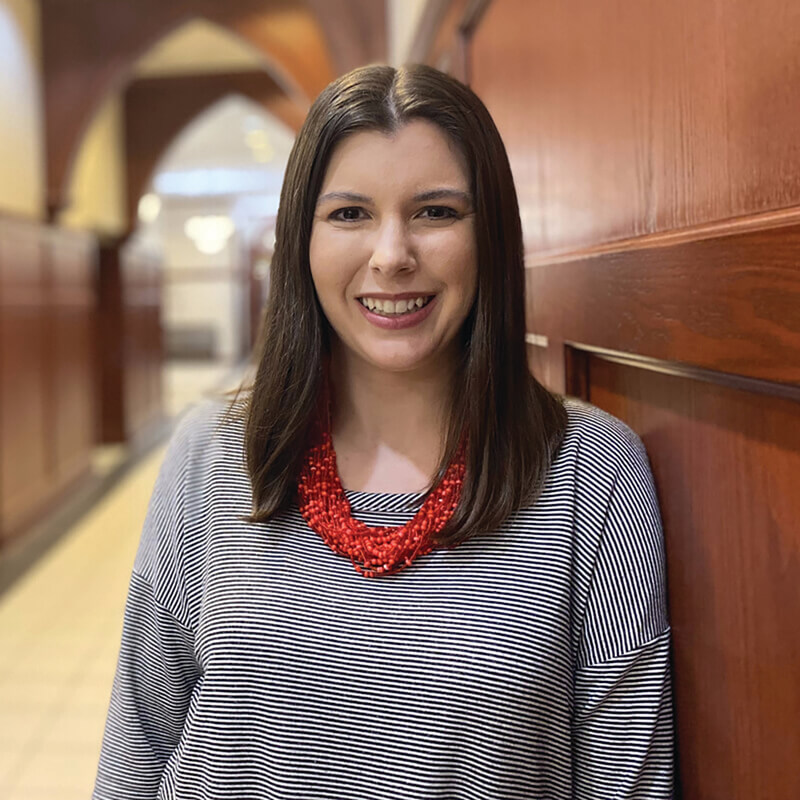
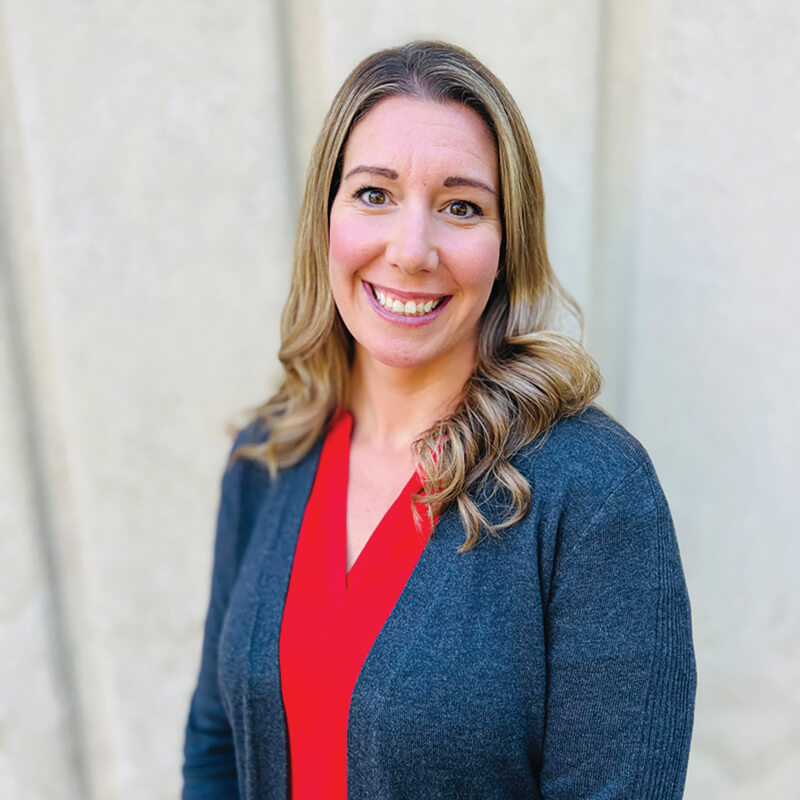
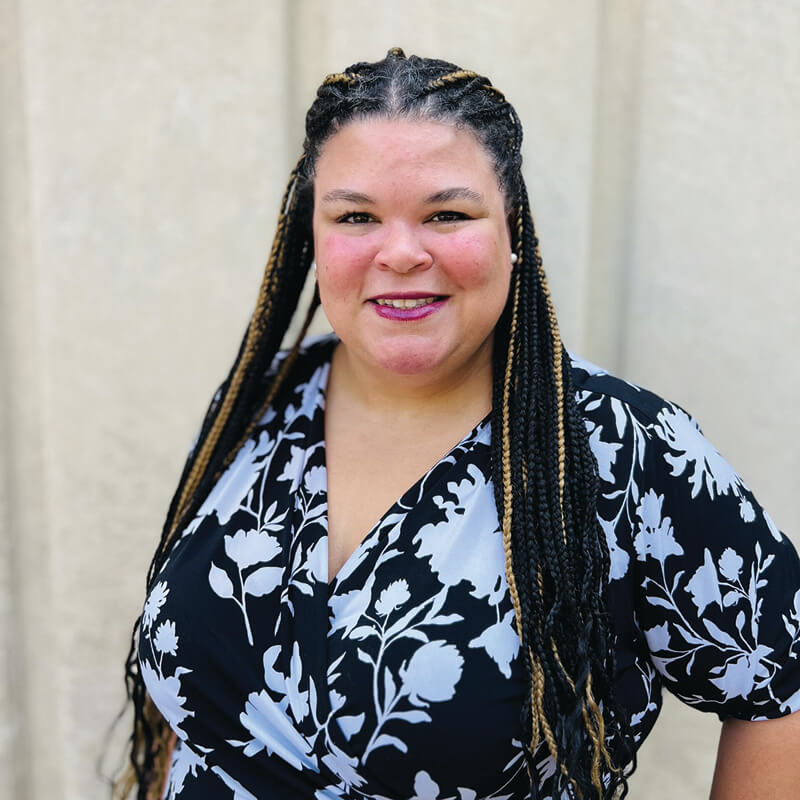
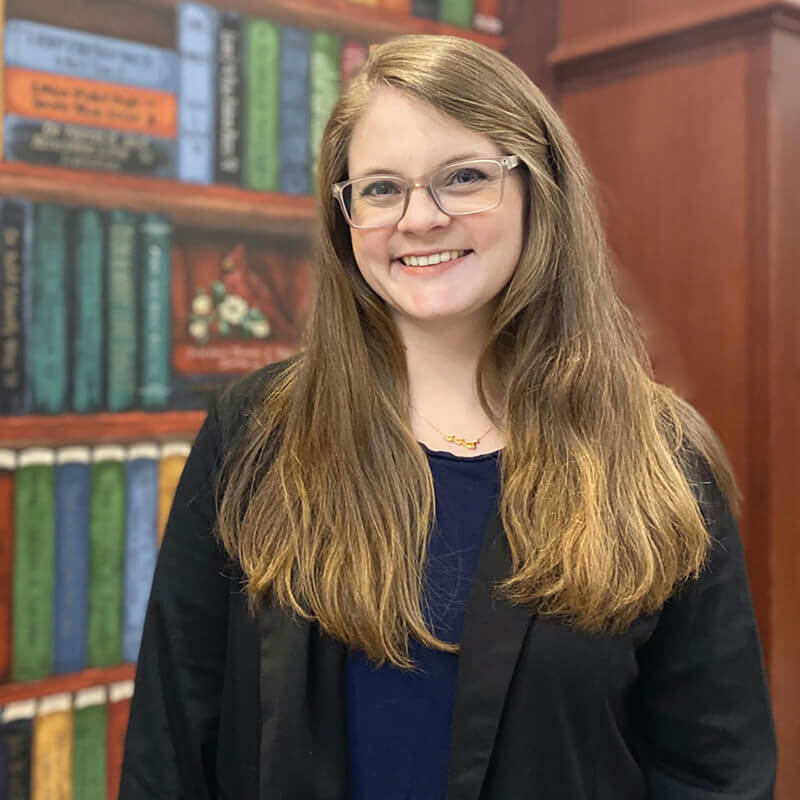
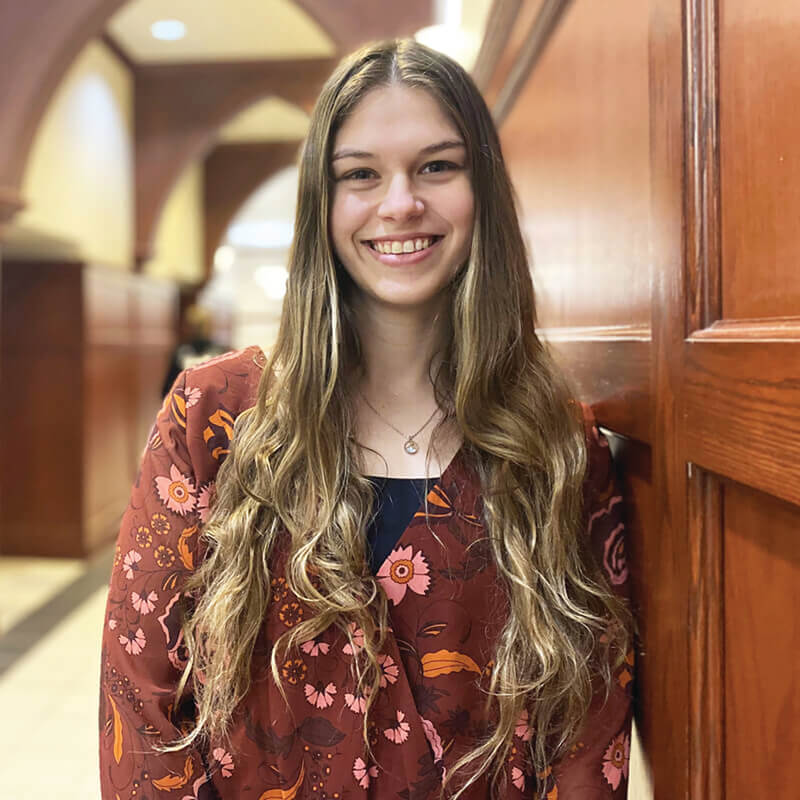
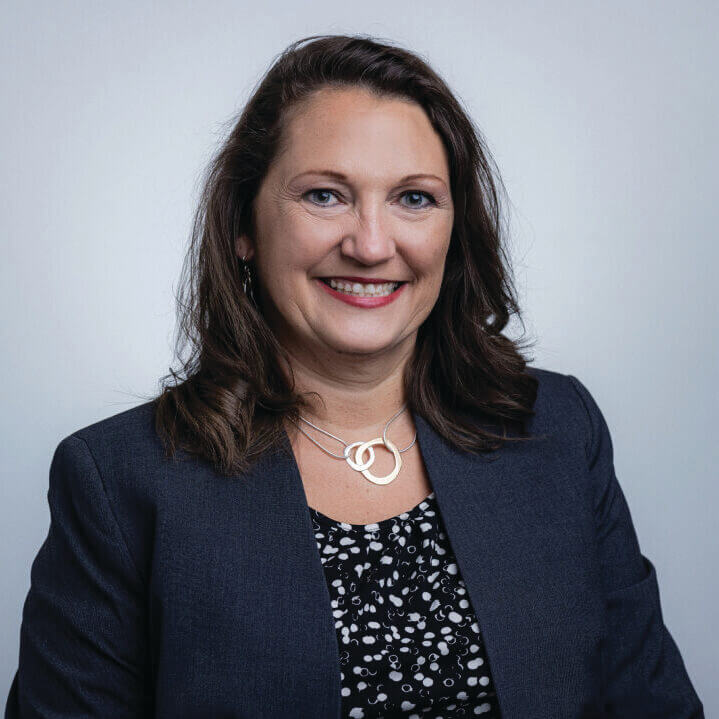
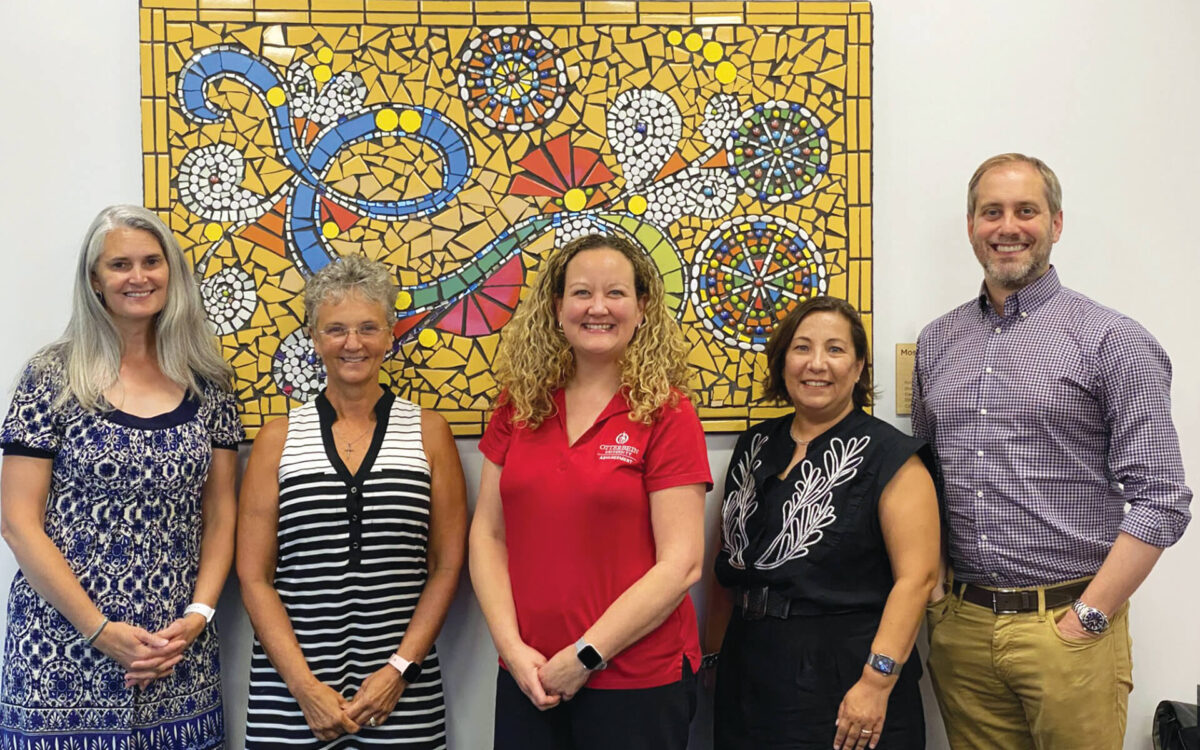
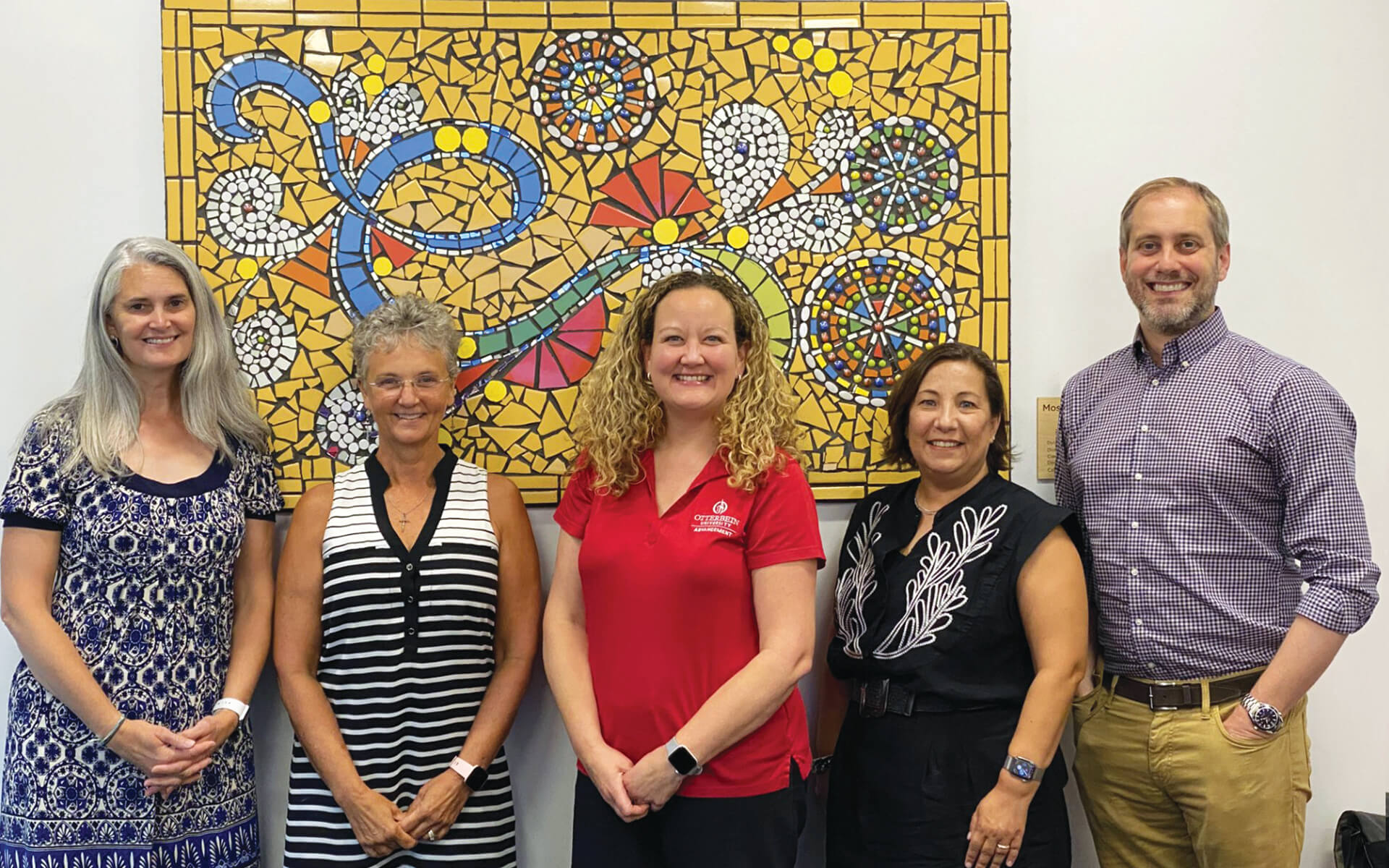

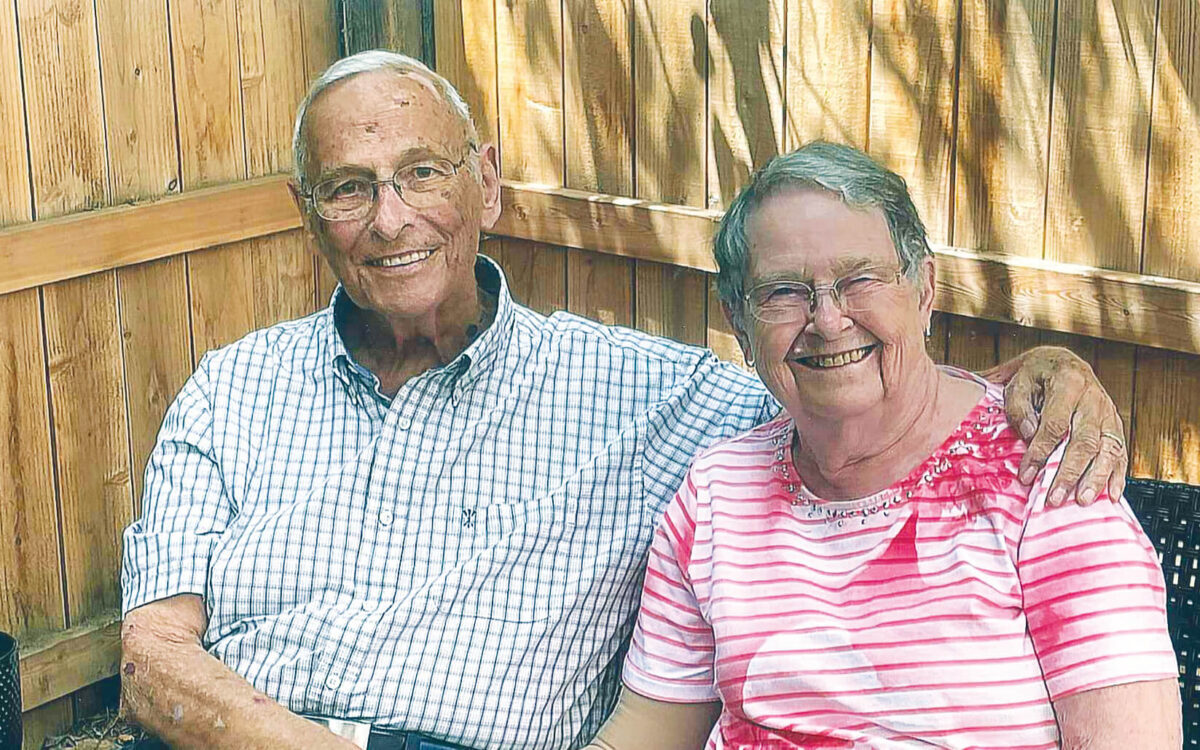
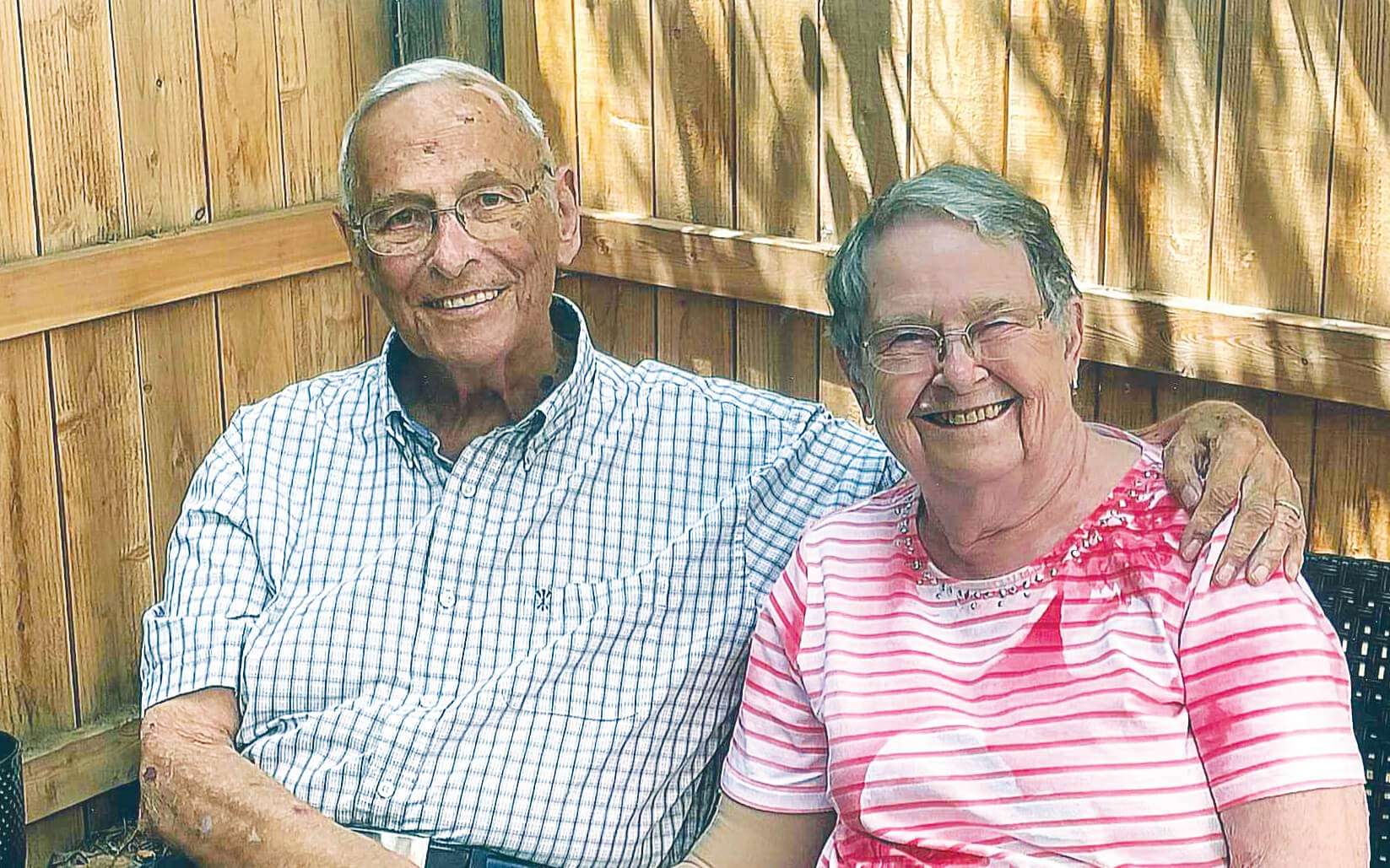
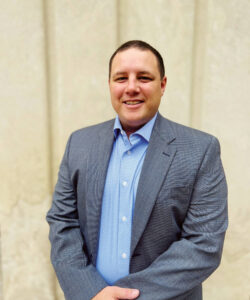 Otterbein Welcomes New Director of Annual Giving
Otterbein Welcomes New Director of Annual Giving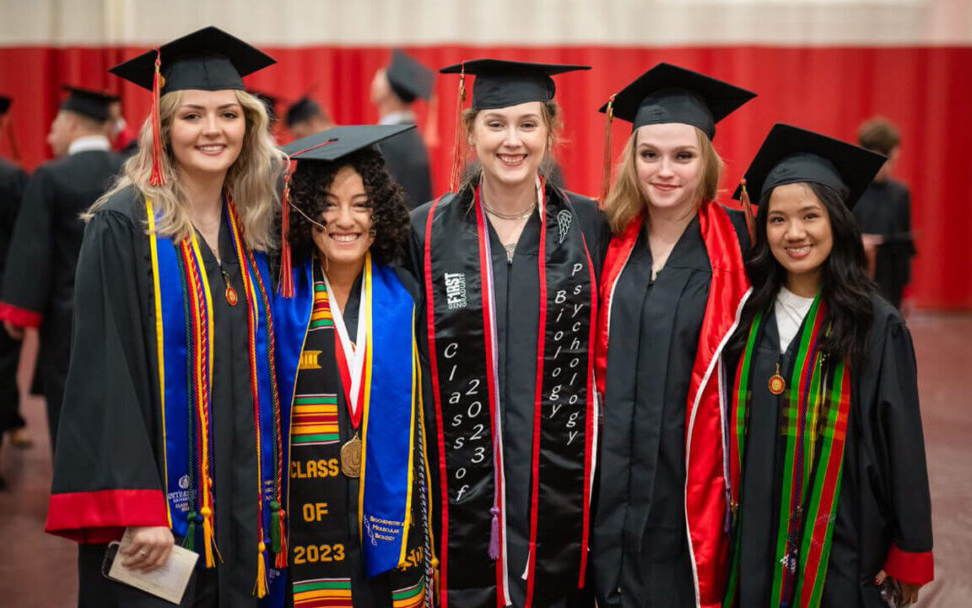
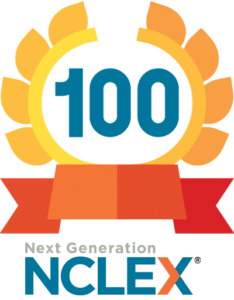 Bachelor of Science in Nursing:
Bachelor of Science in Nursing:
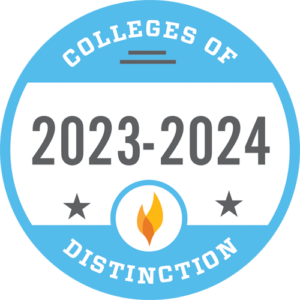 College of Distinction:
College of Distinction: It is in the top three regional universities in Ohio and 20th in the Midwest. Additionally, Otterbein was recognized on the following lists: Best Colleges for Veterans (ranked sixth, top 4%); Best Undergraduate Teaching (ranked 12th, top 7%); Best Value Schools (jumped 11 places to rank 26th); and A+ School for B Students. View the entire survey at
It is in the top three regional universities in Ohio and 20th in the Midwest. Additionally, Otterbein was recognized on the following lists: Best Colleges for Veterans (ranked sixth, top 4%); Best Undergraduate Teaching (ranked 12th, top 7%); Best Value Schools (jumped 11 places to rank 26th); and A+ School for B Students. View the entire survey at 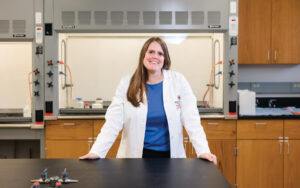 The awards committee cited Esson’s implementation and invention of evidence-based pedagogies; generation of student interest via real-world applications of chemistry; advancement of chemistry teaching though research and publication; mentorship of early-career chemistry educators; and leadership on campus and in local chemistry education organizations.
The awards committee cited Esson’s implementation and invention of evidence-based pedagogies; generation of student interest via real-world applications of chemistry; advancement of chemistry teaching though research and publication; mentorship of early-career chemistry educators; and leadership on campus and in local chemistry education organizations.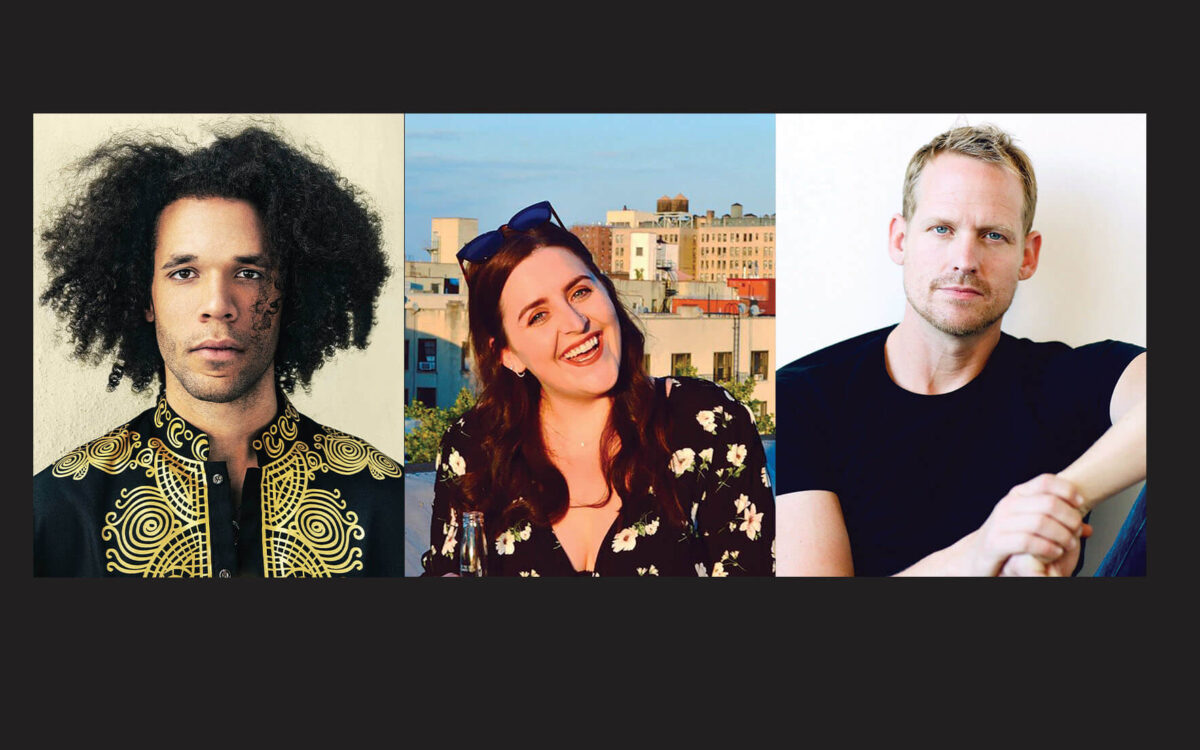
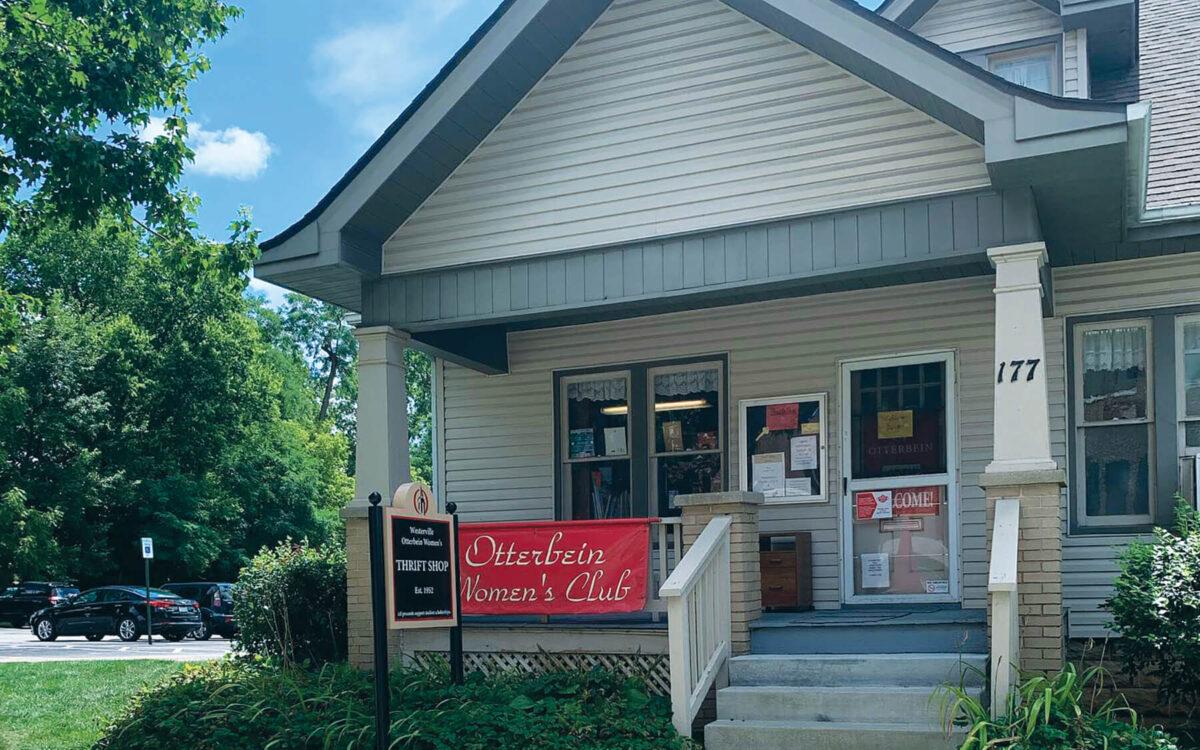
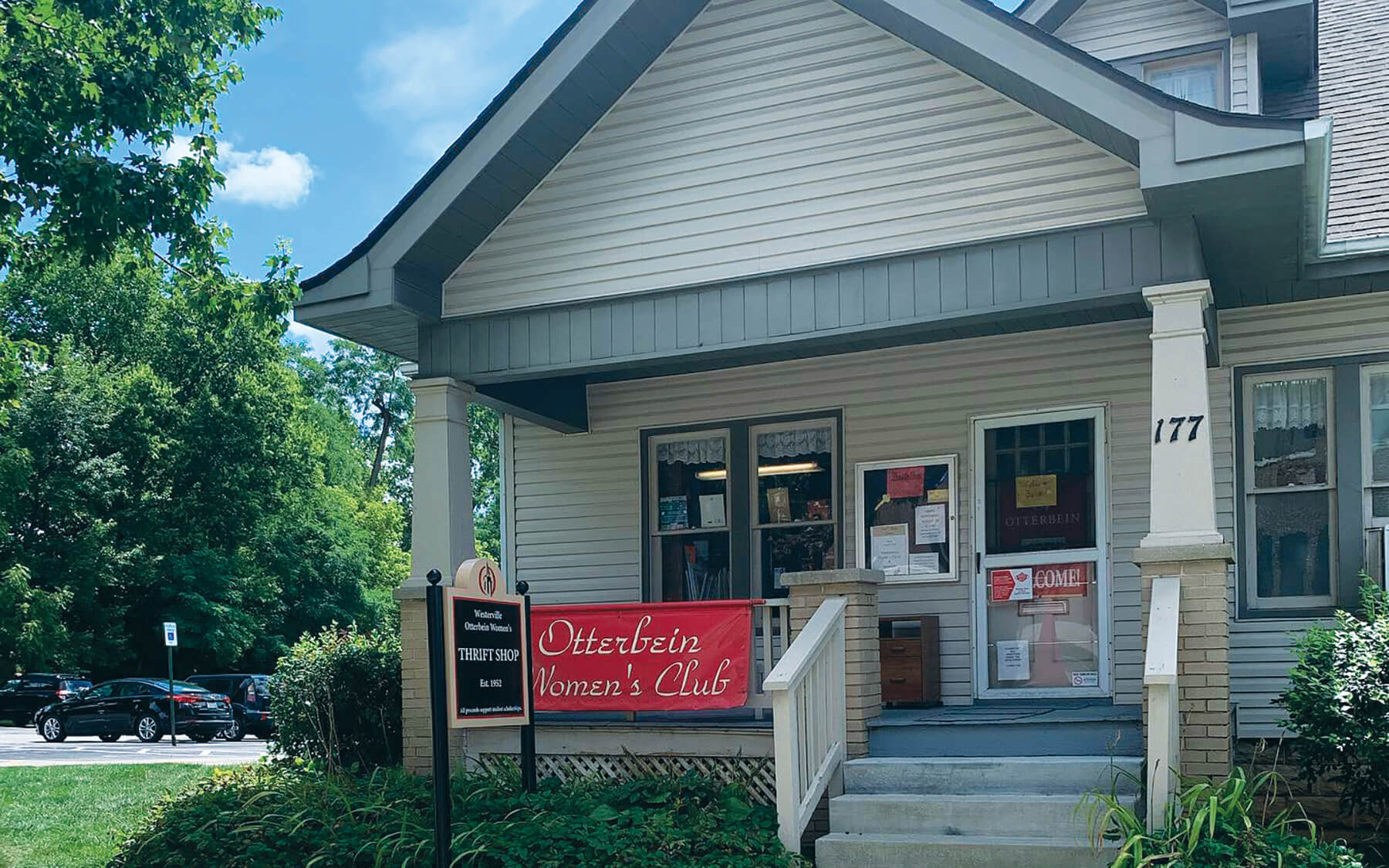
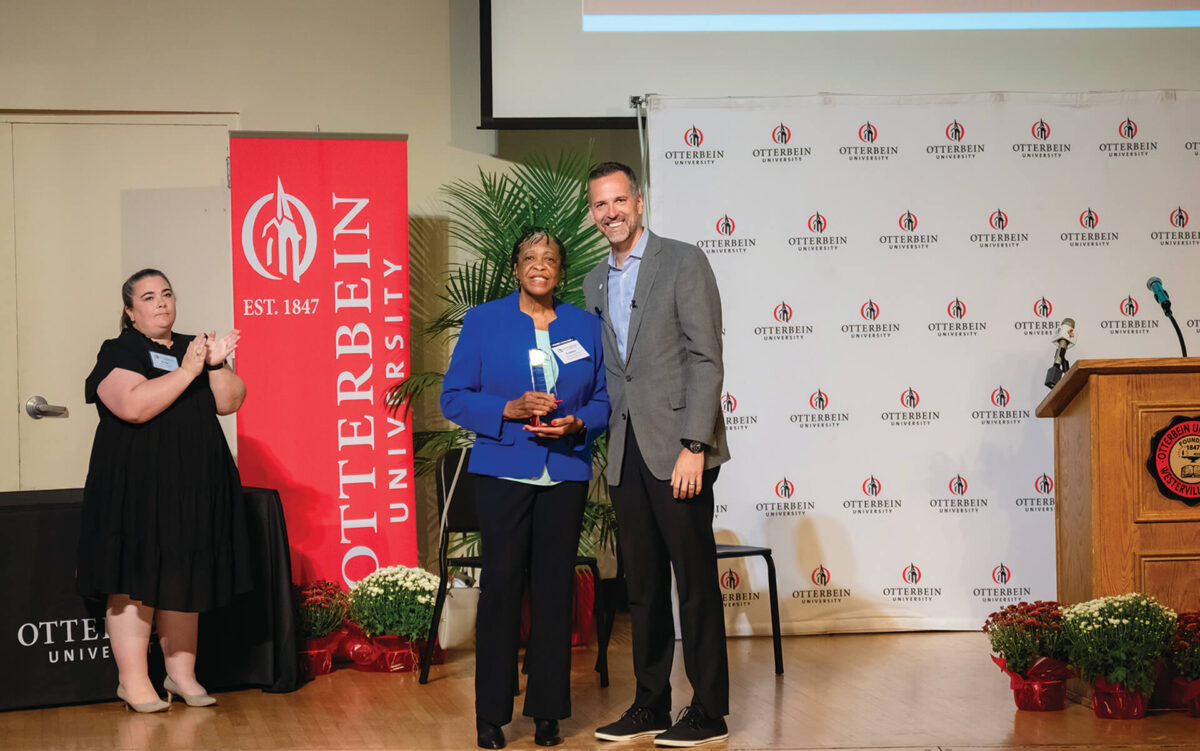
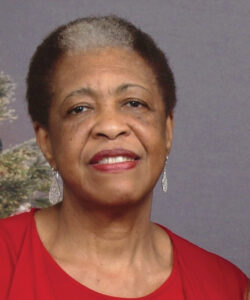 EUNICE FOSTER, Ph.D., graduated from Otterbein with a degree in Elementary Education in 1970. After teaching at Main Street Elementary School in Columbus for four years, she was called to a new career. Now a crop physiologist at Michigan State University, Foster has broken glass ceilings as the first African American and the first female associate dean in the College of Agriculture and Natural Resources. She works to lift others up as a founding member of the National Society for Minorities in Agriculture, Natural Resources, and Related Sciences (MANRRS) — an organization she emphasizes is inclusive of everyone — which now has 65 chapters in 35 states.
EUNICE FOSTER, Ph.D., graduated from Otterbein with a degree in Elementary Education in 1970. After teaching at Main Street Elementary School in Columbus for four years, she was called to a new career. Now a crop physiologist at Michigan State University, Foster has broken glass ceilings as the first African American and the first female associate dean in the College of Agriculture and Natural Resources. She works to lift others up as a founding member of the National Society for Minorities in Agriculture, Natural Resources, and Related Sciences (MANRRS) — an organization she emphasizes is inclusive of everyone — which now has 65 chapters in 35 states.